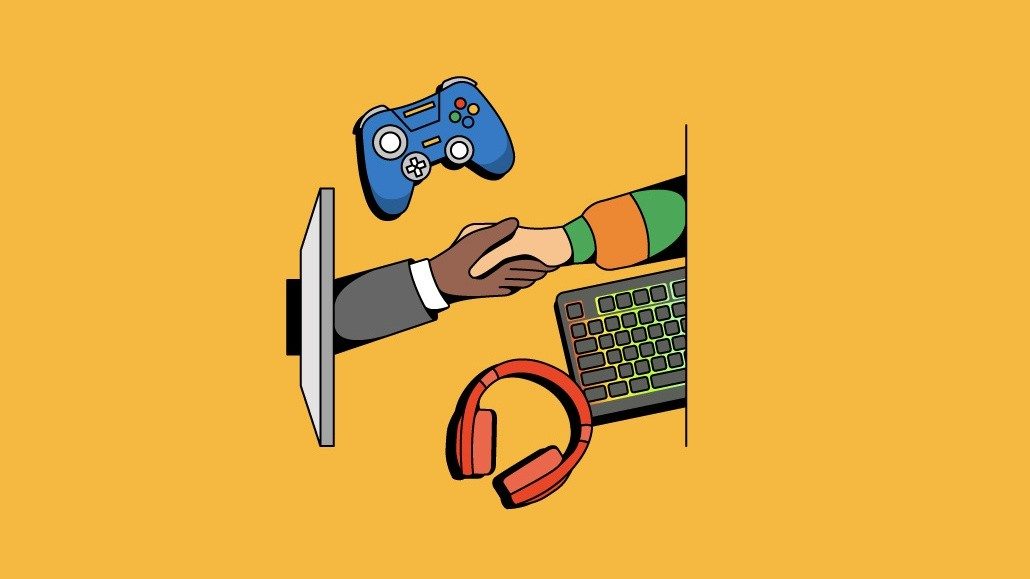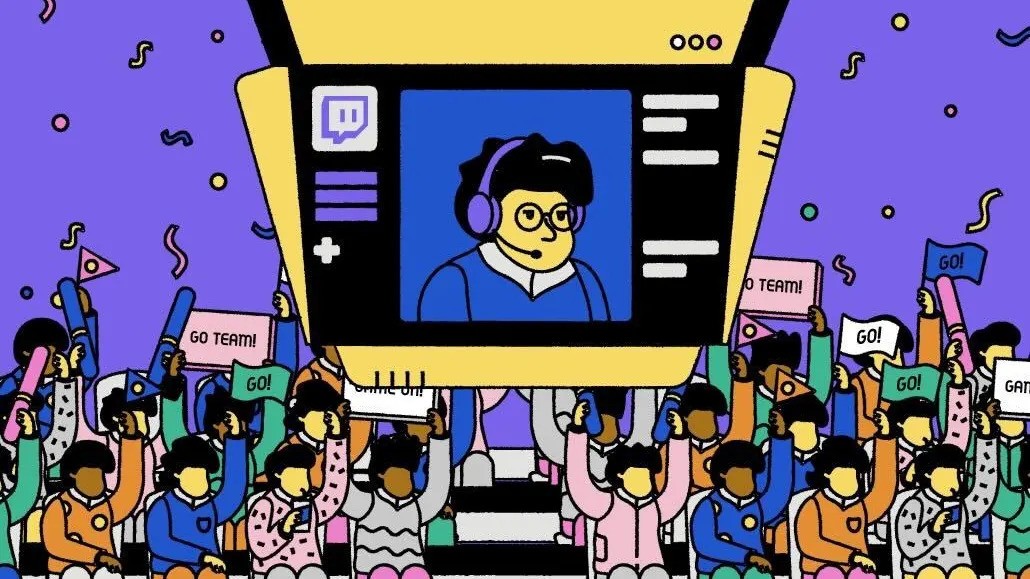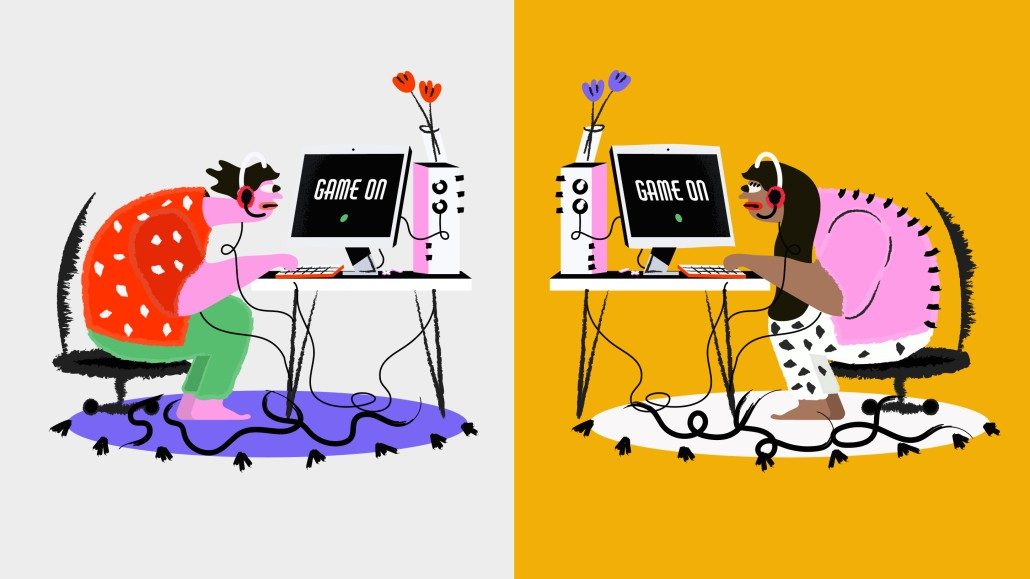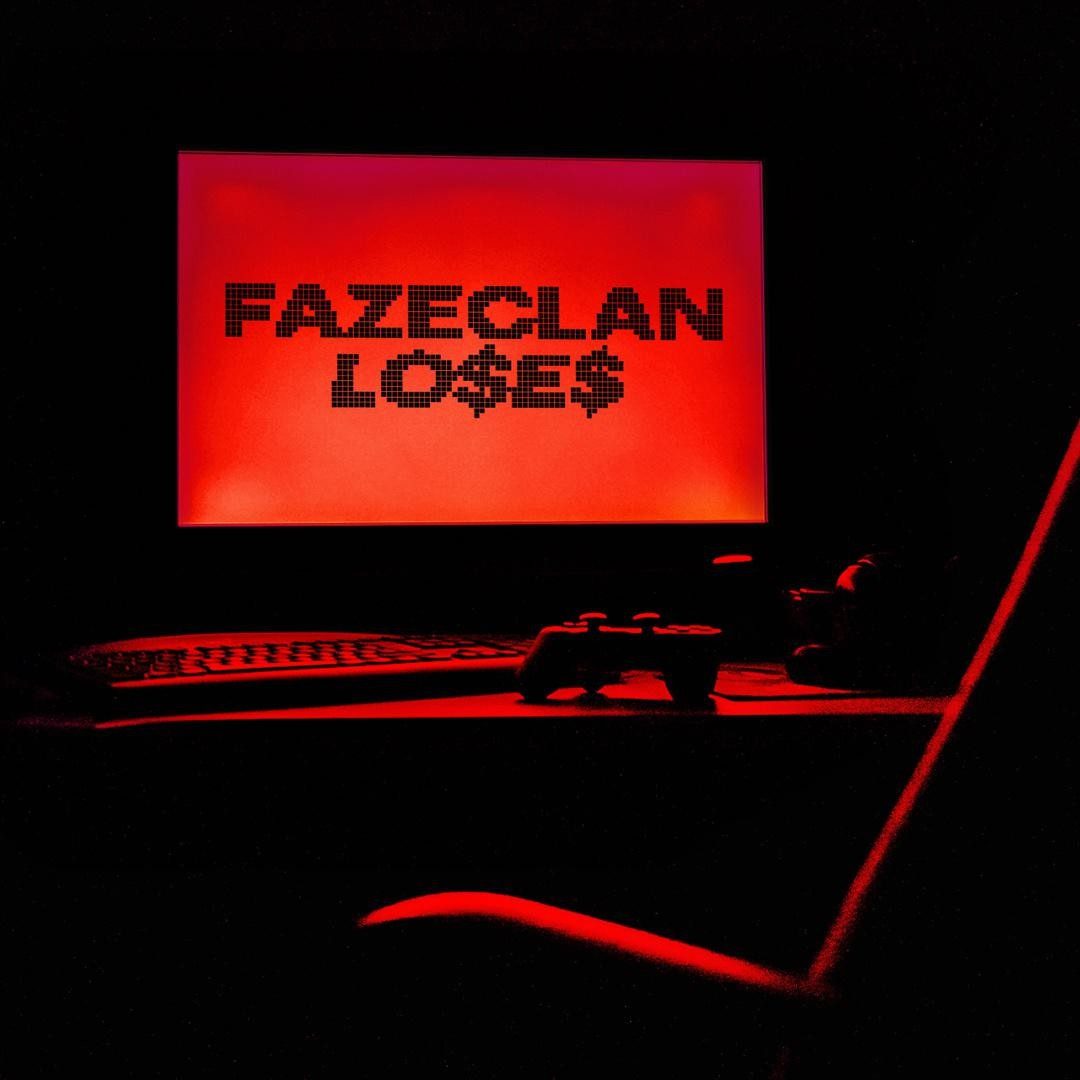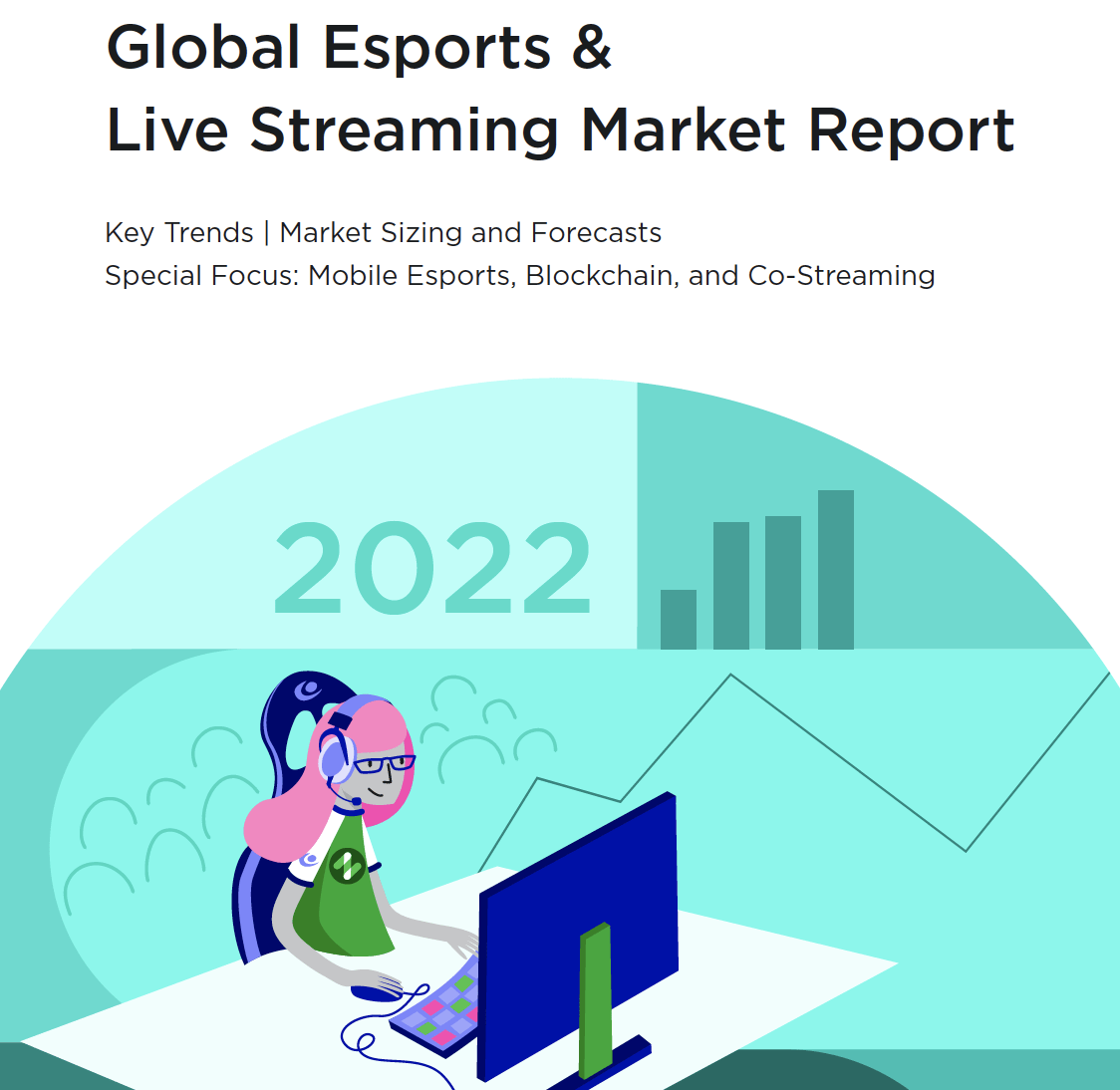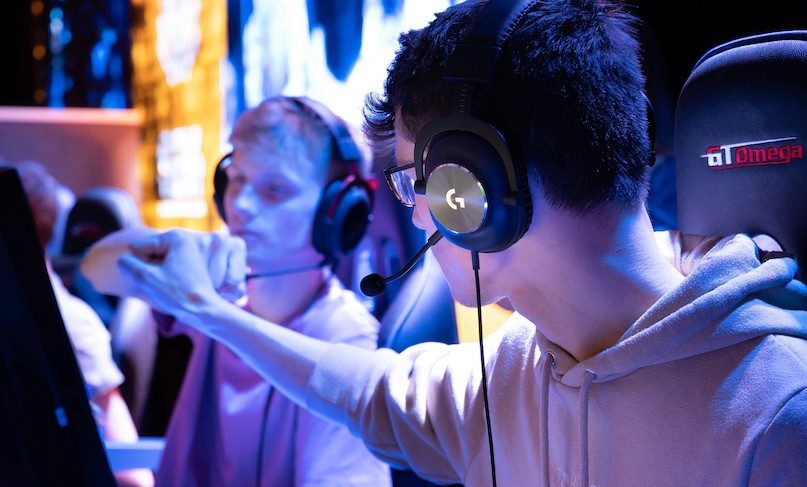Esports sponsorship: Sponsors are wising up to deals with esports teams and adjusting spending accordingly is an article published by Digiday on 5th April 2023 that Strive’s Managing Director, Malph Minns, contributed to.
Esports sponsorship is in a bind. Gone are the gold-rush days of 2017-2020, where brands jumped at ambitious pitches from teams that believed their own hype.
That hype is now fading, and sponsors are thinking about whether their dollars should do the same.
It’s been an easy decision for many marketers: they weren’t seeing the returns on investment that they expected. Granted, this was always going to be tricky. Sponsorships have never been about driving direct sales, and esports execs have regularly struggled to explain why organizations are among the best paths to brand exposure.
Esports sponsorship struggling to prove ROI
“I would say for 99% of our normal sponsorship deals with big teams, you won’t have any return on investment. It’s more about pure exposure,” said a marketer at a leading PC company, who chose to remain anonymous so they could speak openly.
It was only a matter of time before more marketers wised up to those shortcomings. When asked whether brands’ appetite for esports sponsorship is greater or smaller than it was a few years ago, Malph Minns, managing director at commercial and marketing agency Strive Sponsorship, said: “Unequivocally less, and not just esports teams, but esports more broadly.”
Perhaps esports, despite industry hubris, was never in a position to truly scale sponsorship revenues from competitive gaming. Indeed, when a team and brand form a partnership with the goal of driving a return on investment beyond brand exposure, it is seldom a success.
“We’ve spoken to some of the more digital brands, and ultimately they go, ‘we’ll give you this money — across all of our other marketing metrics, like paid social, we get a new customer for every £15 spent — we need to track you in line with that’,” said Jordan Bedford, partnerships manager at esports organization Excel Esports. “We say we just can’t do that. You will never see a code-Excel-at-checkout partnership because they don’t work. They don’t work.”
Loosely tracked conversions are a problem, but the bigger obstacle for sponsors in recent years has been the rising cost of sponsorship, caused chiefly by sky-high player salaries.
According to the PC company marketer, from around 2019-2020, player salaries dragged the price of esports team sponsorship beyond what many suitors were willing to pay.
They said: “There’s a disconnect between how teams grew, and how our industry evolved. Those [esports] structures have a pure commercial logic: they grow, they have a lot of salaries to pay, they buy new teams, like a real sports team, and they seek sponsors and their sponsors are meant to grow their profits [so they can] make new investments and sign new players.”
Click here to read the full Esports sponsorship: Sponsors are wising up to deals with esports teams and adjusting spending accordingly article on Digiday.
Looking for help from an esports sponsorship agency?
If you’re looking for advice from an esports or gaming agency, Strive Sponsorship can help. Contact us for esports, sports, sponsorship, marketing, commercial, content, media, investment, and communications consultancy services.
Frequently asked questions
What are sponsorships in esports?
Esports sponsorship takes the form of financial remuneration, value-in-kind (VIK, also sometimes called contra), or a combination of both. Materially this means a cash payment, free and/or discounted products and/or services (e.g. marketing) are provided to the rights holder. In exchange, the rightsholder provides sponsorship assets and value e.g. branding opportunities, tickets, appearances from players, right-to-use associations etc.
What brands are sponsoring esports?
Brands are usually divided into endemic (those that are native to the esports space like PC brands, keyboard providers etc) and non-endemic (those non-native to the space like automotive or banking companies) categories. Examples of endemic esports sponsors include Omen (HP), Alienware (Dell), HyperX etc, and non-endemic esports sponsors include MasterCard, BMW, Red Bull etc.
Who is the biggest esports sponsor?
Sky, the UK multimedia company, reportedly paid the record esports sponsorship fee for their sponsorship of Guild Esports. It is reported to be worth over £2 million a year.



